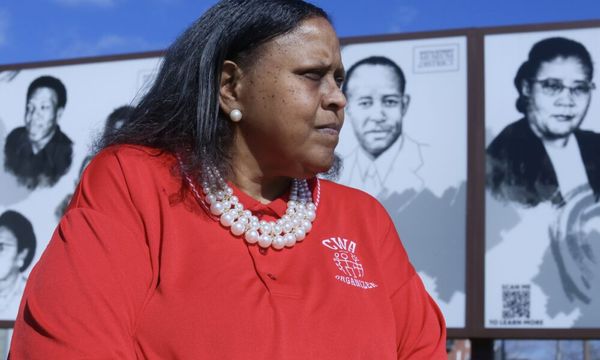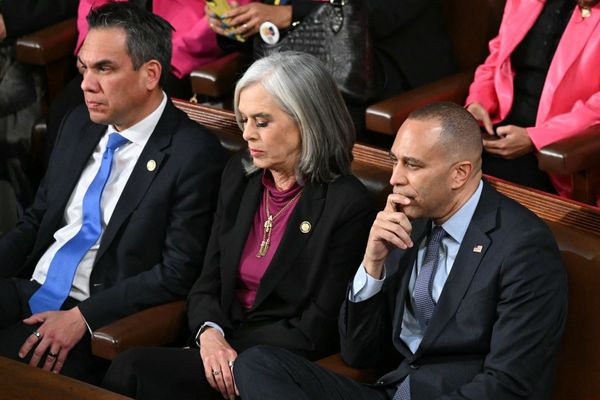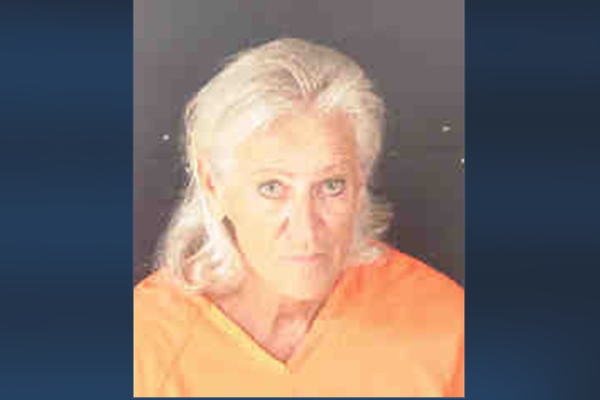Health authorities have defended using Royal Adelaide Hospital (RAH) facilities for filming purposes at a time of acute pressure within the state's health system, after a senior doctor launched a scathing social media attack.
Cardiothoracic surgeon Craig Jurisevic yesterday shared photos he said showed intensive care unit (ICU) beds sitting idle, operating theatres doubling as storerooms, and an ICU room being "used as a studio for a freelance film crew".
The state's hospital system has been repeatedly beset by ramping and internal strain in recent months, and is preparing for COVID-19 cases to spike when border restrictions are relaxed on November 23.
In his Facebook post, Dr Jurisevic — who is also a trauma expert with the Australian Army — asked the South Australian government to "please explain" why infrastructure was sitting dormant at a time of heightened need.
"[I'm] asking for all the cancer patients who have had [and will have] their life-saving surgery cancelled," Dr Jurisevic wrote.
"We have had to cancel another two urgent lung cancer patients today due to lack of operating theatres and ICU beds."
One of those patients was Jillian Wade, who said she received a phone call advising her that "there were no beds available" and that her scheduled operation had been postponed.
She said she was "disgusted" by that decision and was concerned about the impact on cancer patients.
"I think they signed their death warrant," she said.
"They have junk in all these rooms, or empty rooms that are set up for cancer patients.
"Most cancers regrow, if they're left to do it."
The Central Adelaide Local Health Network (CALHN) — which is responsible for the RAH — and Premier Steven Marshall defended the presence of the film crew, saying it was producing an important educational video for hospital staff.
But Dr Jurisevic's post was seized on by SA Labor, which accused the government of neglecting COVID-19 planning.
"What is that film crew doing mucking around in the RAH, in the ICU [and] operating theatre facilities?" Opposition Leader Peter Malinauskas asked.
"How is that filming being prioritised over patient care at the very time we need it more than ever before?
"That does not bode well for us being able to handle COVID cases that are going to come."
Educational video was 'done within a day'
CALHN chief executive officer Lesley Dwyer said it was entirely "normal" for a film crew to be on site working on an educational video.
"You'd see this in most hospitals," she said.
"We provide educational materials and I think films, not only for our community but also for teaching purposes within the Royal Adelaide for our clinical staff.
Mr Marshall — who was on-site at the Royal Adelaide Hospital to announce $5.5 million in funding for the first of several COVID-19 care centres — said he was satisfied with the current level of resources.
"We do have a large ICU capacity here at the Royal Adelaide Hospital but some of that needs to be preserved for those times when there is a significant trauma in South Australia and we need that surge capacity," he said.
Later in parliamentary question time, Mr Marshall said he was "100 per cent satisfied that the purpose of that filming is to provide very important health information".
"Filming of educational videos within the hospital and clinical settings is best practice," he said.
Asked by Labor whether any of the footage would be used in government advertisements, Mr Marshall quipped about the state of SA politics while gesturing towards the opposition benches.
"This is a video for a blood-management unit," he said.







